Training areas for heat, Core launches a plan to adapt to high temperatures
Core, manufacturer of a body temperature measurement sensor during physical activity to facilitate the cyclist's adaptation to heat, adds improvements to its application with the introduction of temperature training zones in order to program specific training sessions necessary to adapt to heat as precisely as training for other qualities is scheduled.
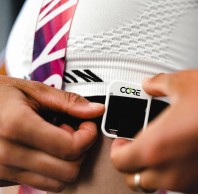
Core helps you achieve better heat adaptation
Being prepared to perform at maximum capacity in high temperature conditions is something that, like any other physical quality, is also trainable. To aid in this preparation, a few years ago, coinciding with the Tokyo Olympics, where high temperatures played a key role, especially in endurance competitions, the use of Core body temperature sensors became popular.
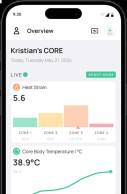
RECOMENDADO
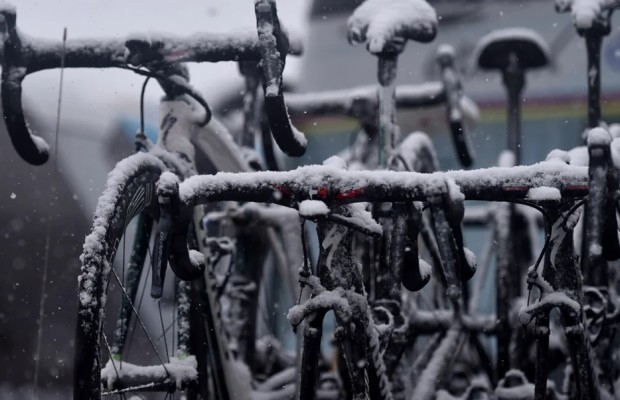
Can I go cycling with the flu or a cold?
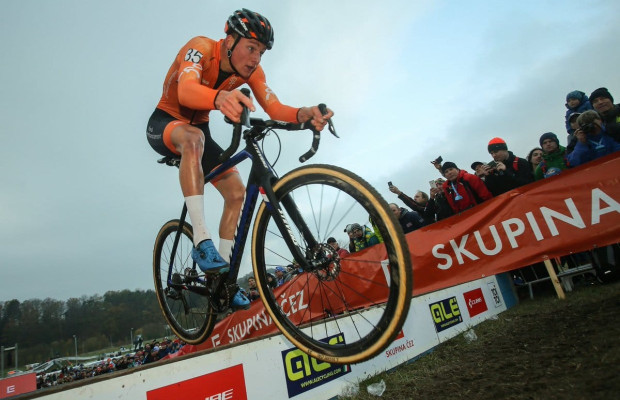
He invented the idea of jumping over the planks, which earned him a World Championship against Van der Poel
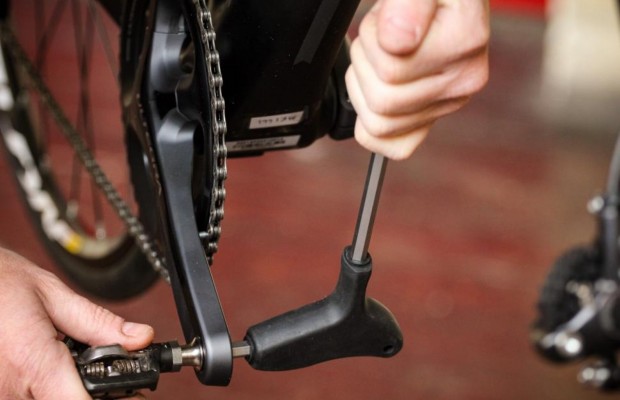
How to change the pedals of any bike in 5 steps
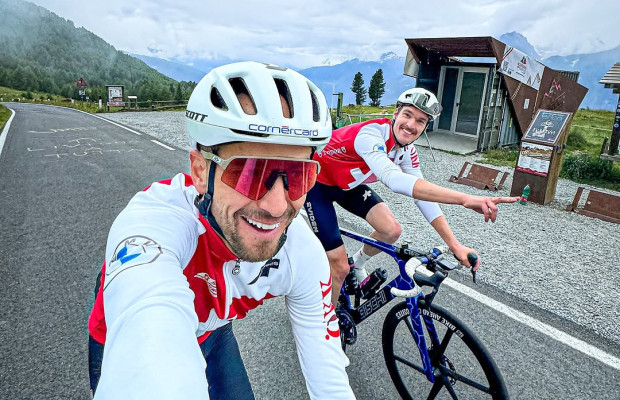
Is it possible to do base training when time is short?

Alcoholic beverages with the fewest calories
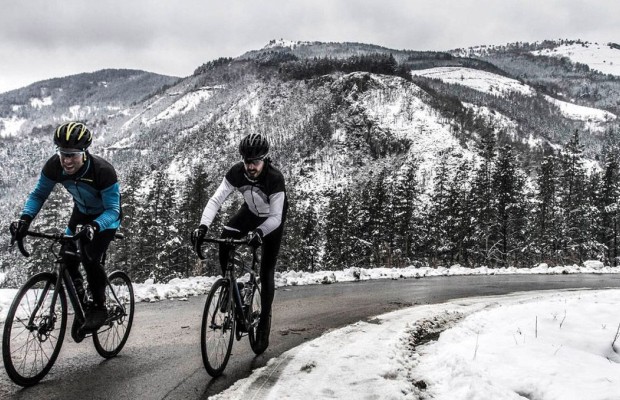
Cycling tips for the Christmas season
A physiological data that many World Tour teams have been using for some time through the Core sensor, especially the Bora-Hansgrohe team with whom the brand has a sponsorship agreement.
Now Core adds more functionalities to its application, based on data between skin temperature and body temperature of more than 10,000 athletes. Data collected over the past three years that the application uses to generate training zones for thermal training. In addition to the heat training zones, the Core sensor provides what they call the Thermal Stress Index, a name that Core gives to the average body temperature and that the application uses to quantify the intensity of the heat adaptation training performed.
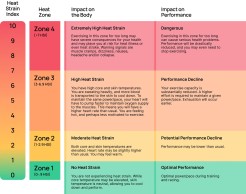
These new functions will be available for free to Core users after updating the application and become more important as summer approaches, especially considering that these months are becoming increasingly hotter, so training to perform in those conditions can be a significant advantage over our competitors.